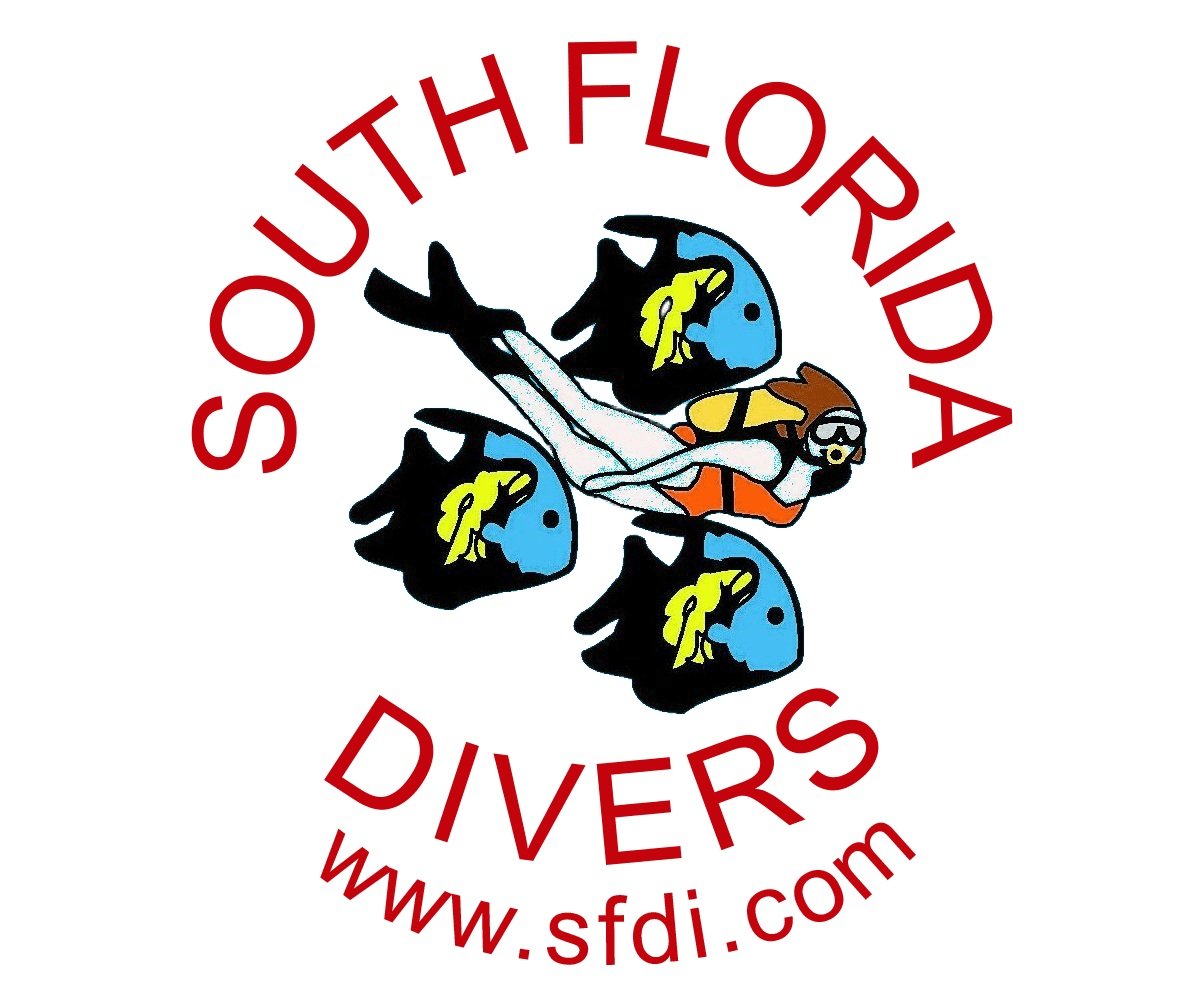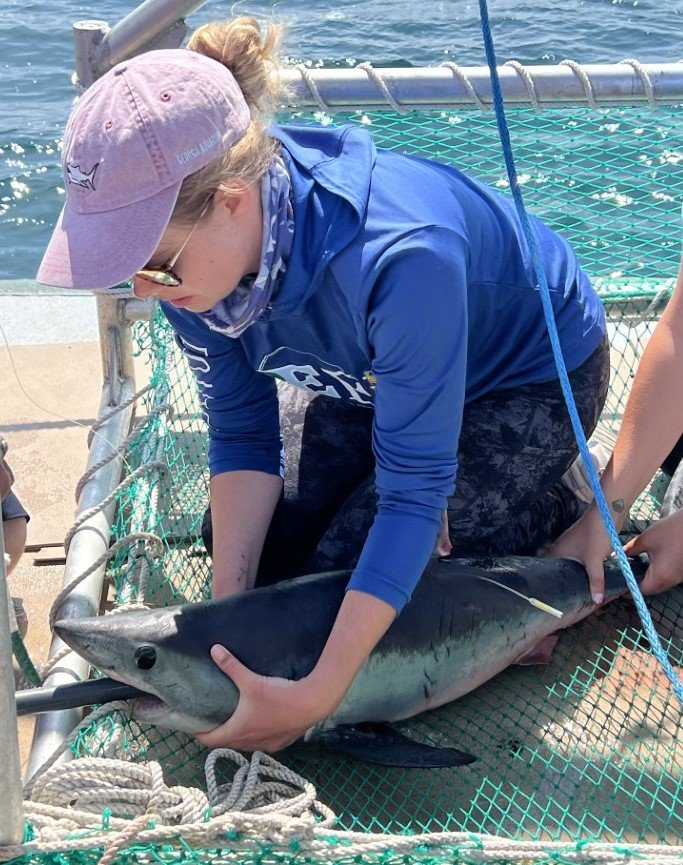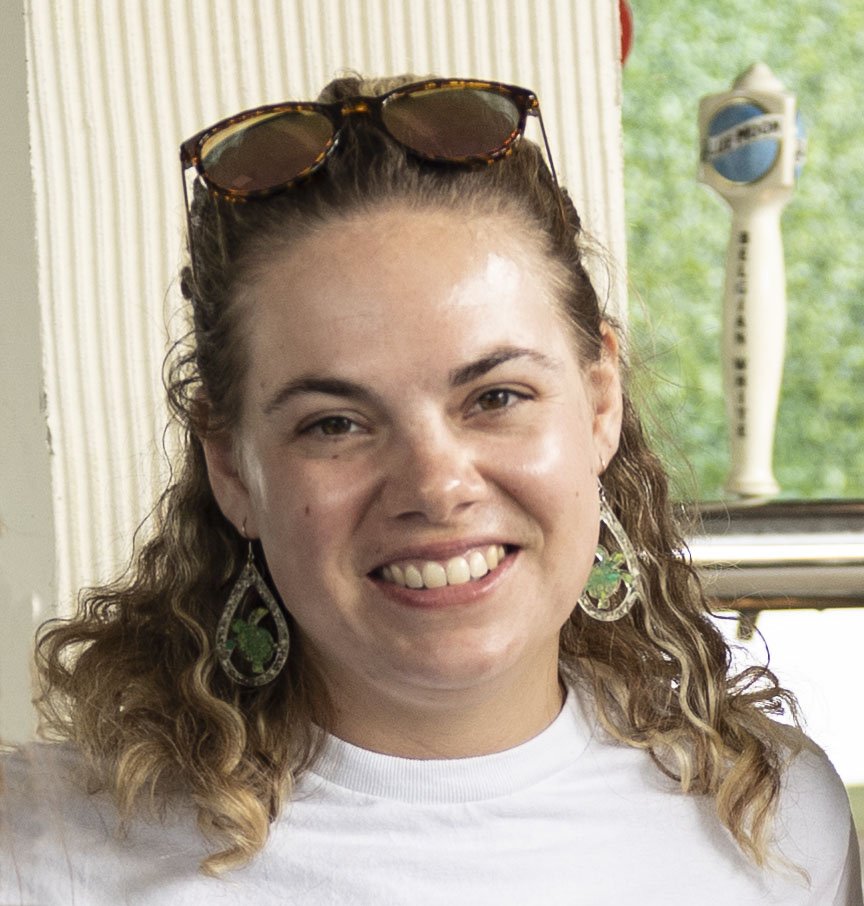From the surface, the ocean looks the same to us humans year round, but beneath the waves, the changing seasons bring forth epic underwater migrations and behaviors all under our noses. Utilizing international award-winning images taken during thousands of hours underwater, SFDI club member Gabriel Jensen will use anecdotes of adventure paired with population data to tell the story of South Florida's underwater seasons and why it matters above the waves. It's kinda like a divers almanac of what to look for year round!
ABOUT GABRIEL JENSEN
SFDI club member Gabriel Jensen is an internationally published underwater photographer, biochemist, and photonaturalist, and winner of the 2025 Close Up Photographer of the Year (CUPOTY.com) competition in the Underwater category. His award-winning images highlighting the exotic underwater microfauna of Florida’s urban waterways have been featured by Forbes, NOAA, REEF, BBC Wildlife, Smithsonian Magazine, and National Geographic Wild. As a board member of the South Florida Underwater Photography Society, he works to connect local underwater image makers and empower them to be ambassadors for our oceans.









